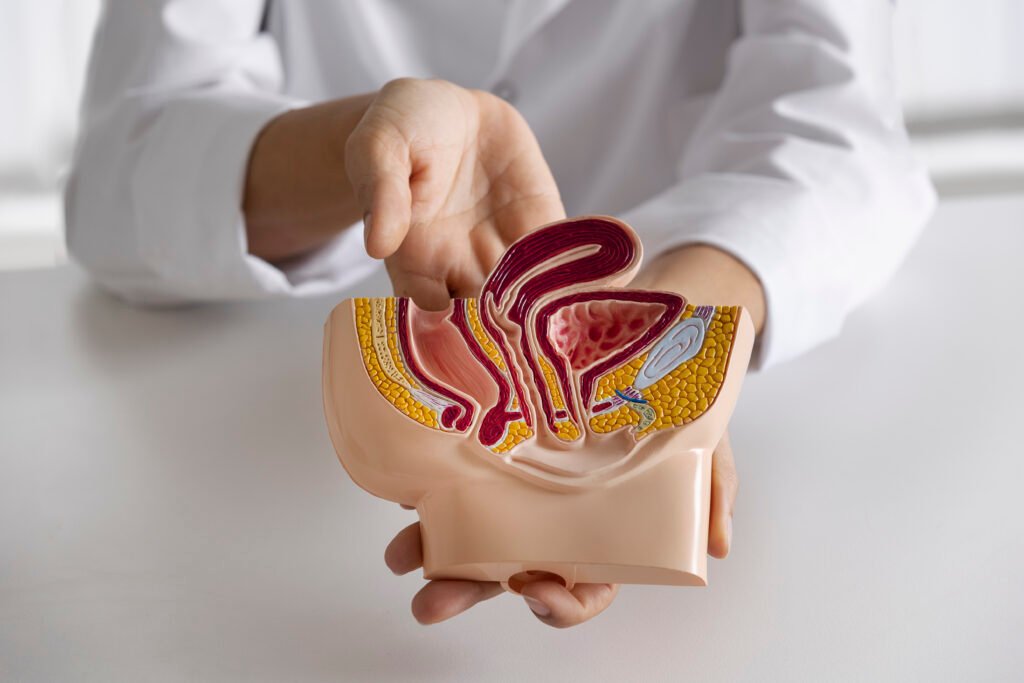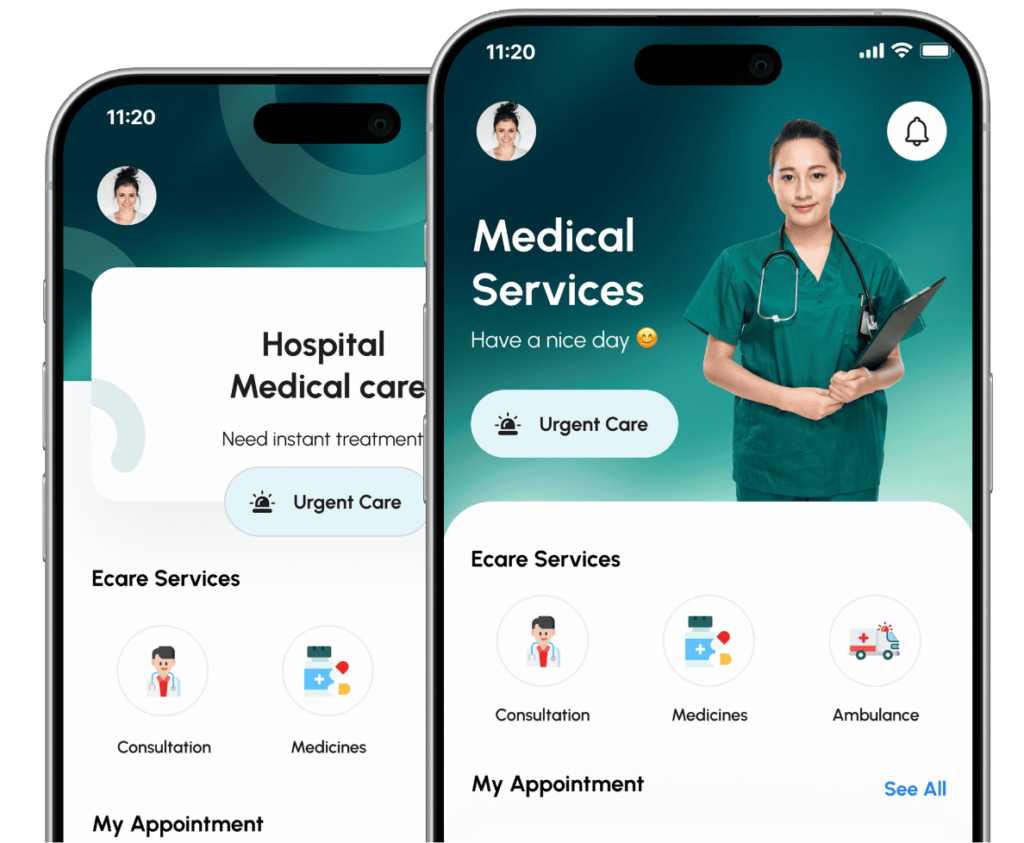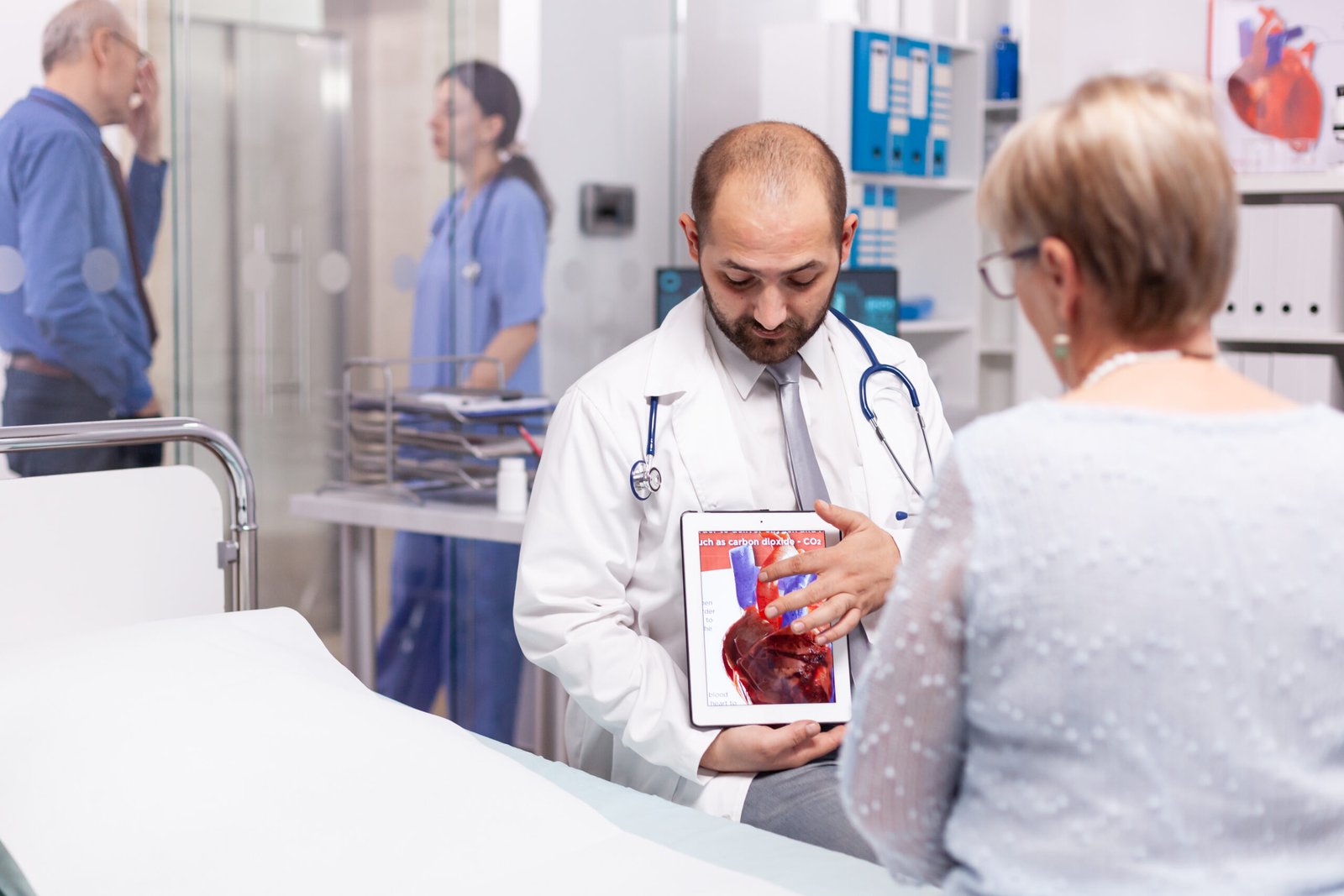Colon cancer is a major health threat worldwide, but the good news is that it’s highly preventable and treatable when detected early. With the right knowledge, awareness, and proactive health measures,
can significantly reduce your risk. In this blog, we’ll take a deep dive into the essential insights that every individual should know about colon cancer, featuring expert advice from Dr. Nishant Kurian, a renowned surgeon specializing in the treatment and prevention of colon cancer.
Colon Cancer: The Basics You Need to Know
Colon cancer begins in the large intestine (colon), which is a crucial part of the digestive system. It usually starts as small, non-cancerous clumps of cells called polyps. Over time, some of these polyps can develop into cancer. It’s important to recognize that colon cancer often progresses slowly, which means early detection can make all the difference in successful treatment and improved outcomes.
Dr. Kurian explains that colon cancer is often asymptomatic in its early stages, which is why awareness is so important. Even if you feel perfectly healthy, changes in your digestive health could signal an underlying problem. This makes early detection a key strategy in reducing the impact of colon cancer.
Common Symptoms of Colon Cancer
Colon cancer often doesn’t show symptoms in the early stages, but as the disease progresses, there are certain signs that you should be aware of. Dr. Kurian highlights some of the most common symptoms and warning signs of colon cancer:
- Changes in Bowel Habits: Diarrhea, constipation, or a feeling that your bowel doesn’t empty completely could indicate a problem.
- Blood in Stools or Rectal Bleeding: One of the most common and alarming signs, blood in your stools could be a red flag for colon cancer.
- Unexplained Weight Loss: Losing weight without trying could be a sign of an underlying health issue, including colon cancer.
- Persistent Abdominal Discomfort: Bloating, cramps, or gas pains that don’t go away could signal a deeper concern.
These symptoms should never be ignored, and if you notice any of them, it’s crucial to consult with a medical professional promptly.
Risk Factors of Colon Cancer: Are You at Greater Risk?
While colon cancer can affect anyone, certain factors increase the risk of developing the disease. Dr. Kurian discusses these risk factors in detail, including:
- Age: Individuals over 50 are at a higher risk of developing colon cancer, although it can affect younger people as well.
- Family History: A family history of colon cancer increases your risk, especially if close relatives were diagnosed before age 50.
- Diet: A diet high in red meat, processed foods, and low in fiber is linked to a higher risk of colon cancer.
- Lifestyle Choices: Smoking, excessive alcohol consumption, and lack of physical activity can all contribute to an increased risk of colon cancer.
- Personal Medical History: A history of inflammatory bowel disease (IBD), such as Crohn’s disease or ulcerative colitis, can elevate the risk.
Understanding these risk factors is the first step in taking preventive action. Dr. Kurian emphasizes the importance of lifestyle modifications to reduce your risk, such as:
- Improving Your Diet: Increasing fiber intake, eating more fruits and vegetables, and reducing consumption of processed foods and red meat.
- Exercise: Regular physical activity can lower the risk of colon cancer and improve overall health.
- Quitting Smoking: Smoking is a known carcinogen, and quitting can significantly reduce your risk of many cancers, including colon cancer.
Diagnostics and Treatment Options for Colon Cancer
One of the most effective ways to catch colon cancer in its early stages is through regular screenings. Dr. Kurian strongly advocates for colonoscopies, especially for those over the age of 50 or those with higher risk factors. A colonoscopy can detect polyps or early signs of cancer before symptoms appear, enabling timely intervention.
Early detection of colon cancer greatly improves treatment outcomes, as it allows for less invasive procedures and better chances of complete recovery. Dr. Kurian also discusses other screening methods such as stool tests, which can detect signs of cancer or precancerous growths, as well as genetic screening for individuals with a family history of the disease.
Conclusion
Colon cancer, while a significant health concern, is highly preventable and treatable with early detection. Understanding the basics of the disease, recognizing its often subtle symptoms, and being aware of individual risk factors are crucial steps in proactive health management. As Dr. Kurian emphasizes, lifestyle modifications like dietary improvements, regular exercise, and smoking cessation play a vital role in risk reduction. Most importantly, regular screenings, such as colonoscopies, are paramount for early detection and significantly improve treatment outcomes. By prioritizing knowledge, awareness, and proactive measures, individuals can take control of their colon health and significantly reduce their risk of this preventable disease. Don’t hesitate to consult with your healthcare provider to discuss your individual risk factors and develop a personalized screening plan.






